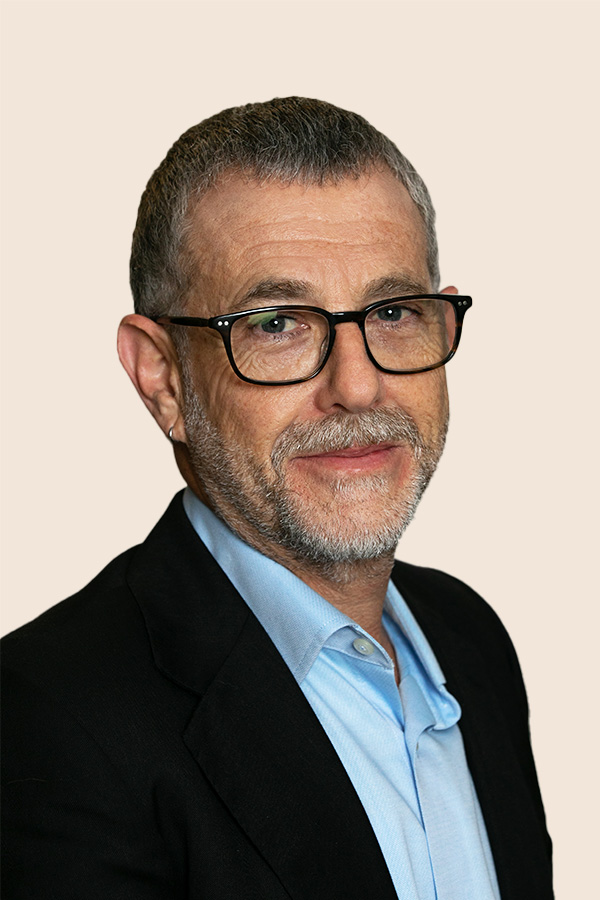I have focused my work on men and mental health for many years. Exploration of how we see ourselves as men, and how others see us has become a core component of my work with clients.
Dr Zac Seidler is a clinical psychologist, researcher and leading men’s mental health expert. He currently holds dual roles as Director of Mental Health Training at Movember and Senior Research Fellow with Orygen at the University of Melbourne. Zac has dedicated his academic and professional career towards further understanding men’s mental health and masculinity. His ultimate goal is to help reduce the staggering rate of male suicide worldwide.
I have no hesitation in stating that Zac is one of my heroes, and I hold genuine respect and love for him and his work. By stating this, I am challenging masculine stereotypes – it’s often thought to be ‘not ok’ to say that you love a man, and that you love the work that a man does. This is a small example, but it may resonate with some. Thinking and enacting other ways of being a man may result in an ability to speak openly about feelings, become more comfortable with our unique self, and allow us to seek help when we need it.
I acknowledge Dr Seidler as the author of the below quote, from the website https://www.healthymale.org.au
There is a complex and diverse range of factors that impact mental health, which can be influenced by how men experience masculine social norms. Masculinity — the set of attributes, behaviours and roles associated with men and boys — has received a bad rap in recent years with critique of its “toxic” nature.
“The term ‘toxic masculinity' is fundamentally flawed. It has no basis in science and it's really problematic,” Dr Seidler says. “There are many facets of manhood that, when applied incorrectly, are toxic, but they are toxic behaviours, not toxic traits.”
Boys and men are taught, implicitly and explicitly, to embody traditionally masculine traits of stoicism, strength, independence and self-reliance. These are positive traits in many parts of life but become a problem when they’re practised rigidly in all contexts, particularly when it comes to looking after mental wellbeing.
“A fireman needs to be stoic, self-reliant, strong, and powerful in the face of the fire, but when he comes down, he needs to be vulnerable and emotionally communicative to overcome trauma,” Dr Seidler says. “If we just have a one-size-fits-all, ‘I am this bloke in all set settings’ approach, it really ends very badly and that's what we witness all the time.” Men who more strictly conform to these masculine norms report worse mental health outcomes and reduced help seeking. Exploring and celebrating healthier masculinities is critical for improving men’s mental health.
“We use the term ‘masculinities’ because within each man is a constantly evolving, changing, contradictory experience of masculinity that, depending on where you are, who you're talking to, who you're relating with, will shift,” Dr Seidler says. “It’s really important people start to embrace that, because it's when they rebel against that other version of themself, the tension comes about, and the feelings of being deficient, or broken, or not living up to something is really problematic. If we keep striving for one way of being, everybody will fail.”
Signs your mental wellbeing might need attention
- Persistent and pervasive feelings of sadness, elation, anxiety, fear or irritability
- Changes in sleep patterns
- Changes in appetite
- Loss of interest in things that were previously enjoyable
- Withdrawal from friends and activities
- Difficulty thinking and concentrating
- Excessive worries, fear or guilt
- Changes in use of alcohol and other drugs
- Thoughts and feelings that are out of the ordinary or difficult to understand, such as paranoia
- Experiencing sensations (seeing, hearing, smelling, tasting something) that others can’t identify
One last thought:
If you think seeing a professional would be helpful, please don’t hesitate.

Roderick has worked in public health, private practice and education, with a focus on substance use and men’s health. He creates a non-judgemental and compassionate space for each individual to explore current challenges. Roderick has a special interest in working with men from the age of sixteen onwards and utilises a person-centred and evidence-based approach.
